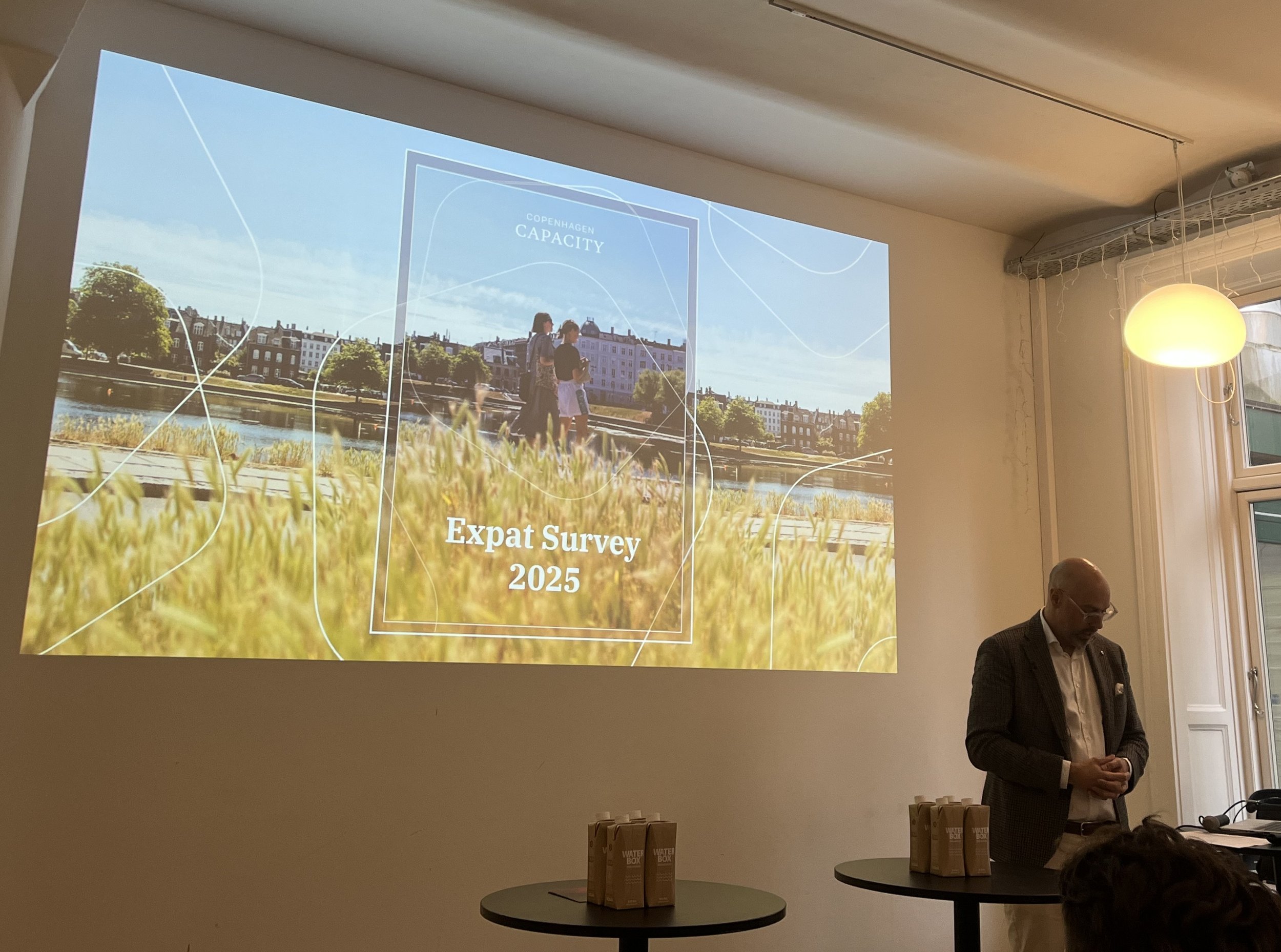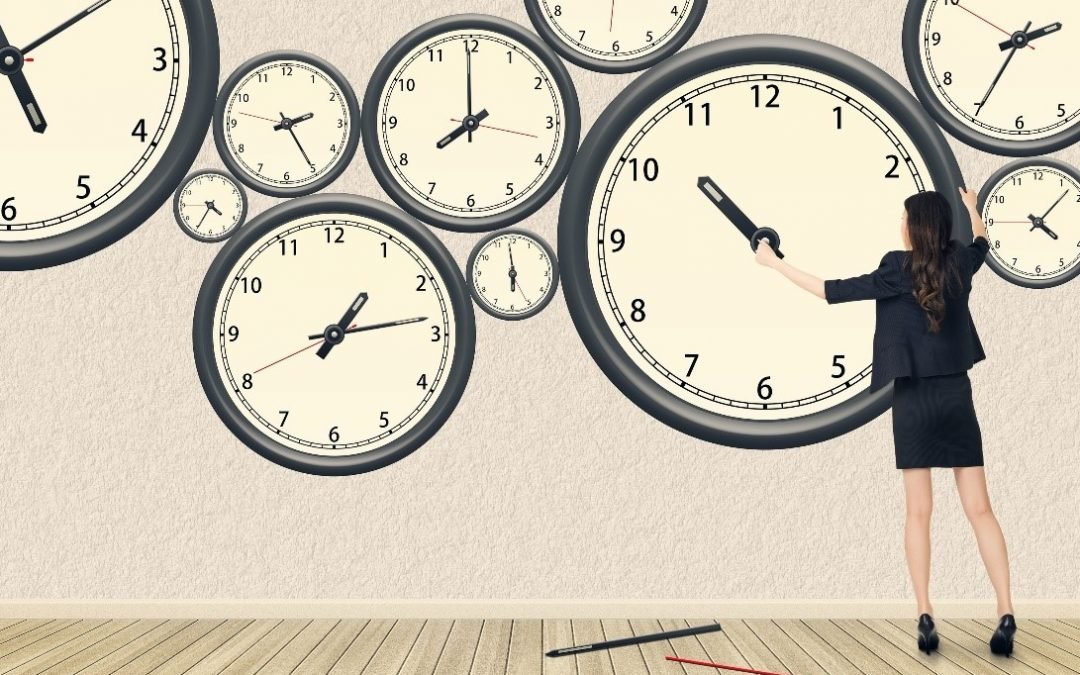Strategy isn’t just a plan, it’s a mindset.
Who is your business becoming?
Who are you becoming as a leader?
What kind of world are we heading into?
In 1997, my brother-in-law saw it coming: a more connected world, faster internet, and a willingness to trade almost anything, for convenience and connection. The big question now is: What are you seeing ahead?





















